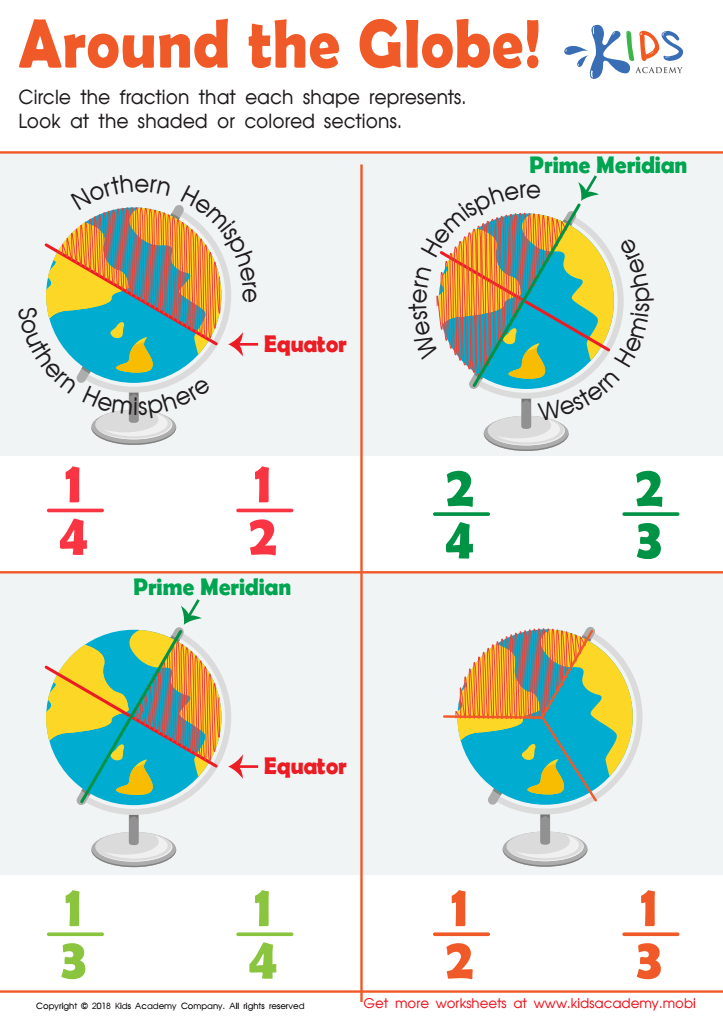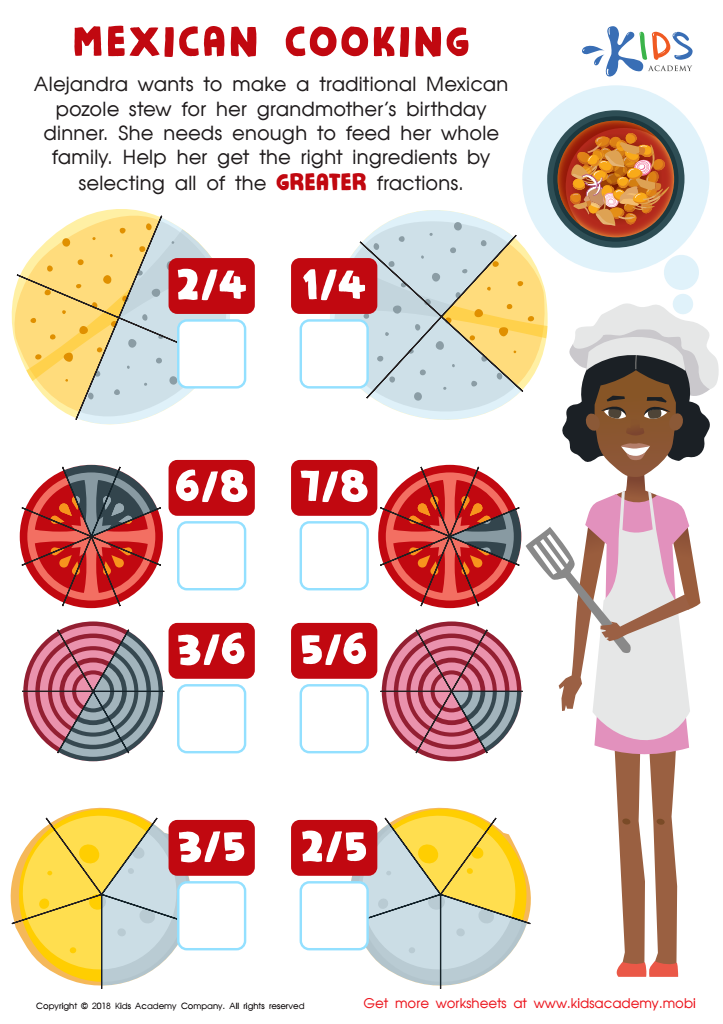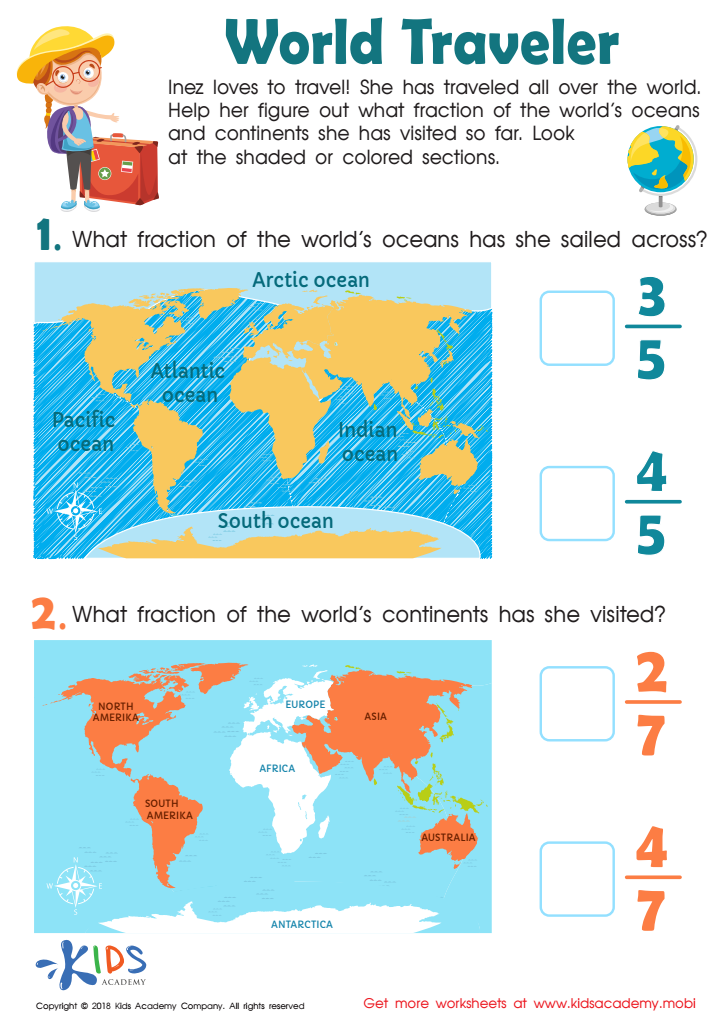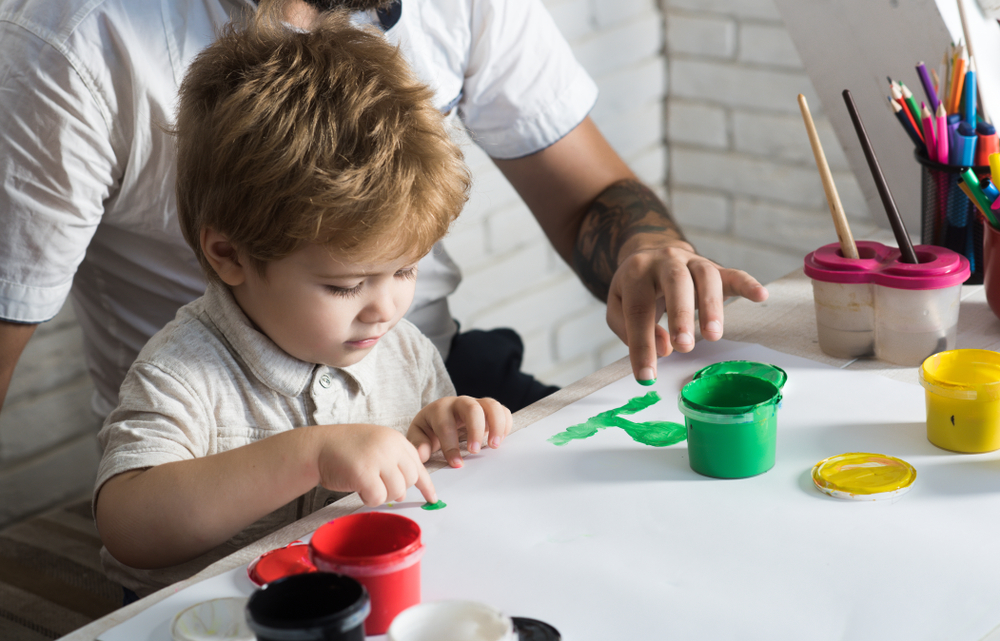Cultural awareness Normal Math Worksheets for Ages 3-8
3 filtered results
-
From - To
Our "Cultural Awareness Math Worksheets for Ages 3-8" seamlessly combine fundamental math skills with important life lessons on global diversity. Each engaging worksheet introduces young learners to different cultures through vibrant illustrations, fun activities, and easy-to-understand concepts. These exercises not only enhance math proficiency but also foster an early appreciation for cultural differences, broadening your child's worldview. Tailored for ages 3-8, these printables help children develop a holistic understanding while nurturing respect and curiosity about various cultures. Perfect for both classroom and home environments, our worksheets offer an enriching way to integrate multicultural awareness into mathematical growth.


Around the Globe Worksheet


Mexican Cooking Worksheet


World Traveler Worksheet
Cultural awareness in early childhood education is of paramount importance because it lays the foundation for an inclusive and empathetic society. For children ages 3-8, exposure to different cultures helps cultivate open-mindedness and respect, essential qualities in our increasingly globalized world. Understanding cultural diversity equips children to recognize and appreciate differences, which reduces prejudice and promotes acceptance.
Incorporating cultural elements into math lessons not only strengthens cognitive skills but also enriches the learning experience. For example, teaching counting using objects or stories from various cultures makes math relatable and engaging. Children learn best through context, and cultural references provide meaningful contexts for mathematical concepts.
Parents and teachers caring about cultural awareness in math prepare children to function in a diverse society. It enhances their social abilities and broadens their worldviews from an early age. Cultural awareness in education contributes to the development of critical thinking and problem-solving skills, as children learn to approach problems from multiple perspectives.
Moreover, it promotes inclusivity within the classroom. When children see their own and other cultures reflected in their education, it validates their identities and fosters a sense of belonging. This cultural sensitivity in education supports not just academic success, but emotional and social well-being—an essential aspect of holistic child development.

 Assign to the classroom
Assign to the classroom












